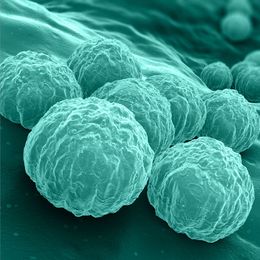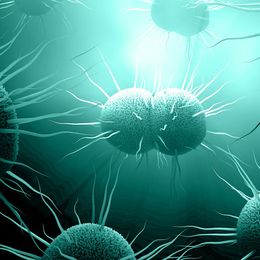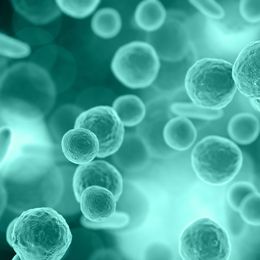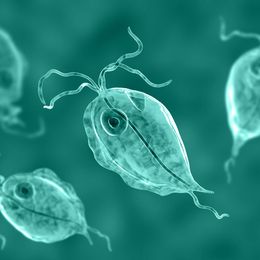What happens when I come in to get tested?
When you come in to one of our labs, you’ll pay at reception and will be called back to the testing area just like anyone else who’s come in for any test. You will be able to do the test yourself and will then hand in the sample to one of our staff members, who will instruct you further.
For men, the test will usually be carried out by a urine sample. It is best if you haven’t urinated 2 hours before coming for the test. For women, a swab is taken from the vagina. You will be able to do this yourself, privately, in the appointed restrooms.
How much does it cost?
For a limited time we offer a package test of all the four STDs mentioned above for a discounted price of NAf. 275.
Should I tell my partner if I test positive for an STD?
You should tell your partner if you’ve tested positive for one or more STD, so they can get tested and treated if necessary.







